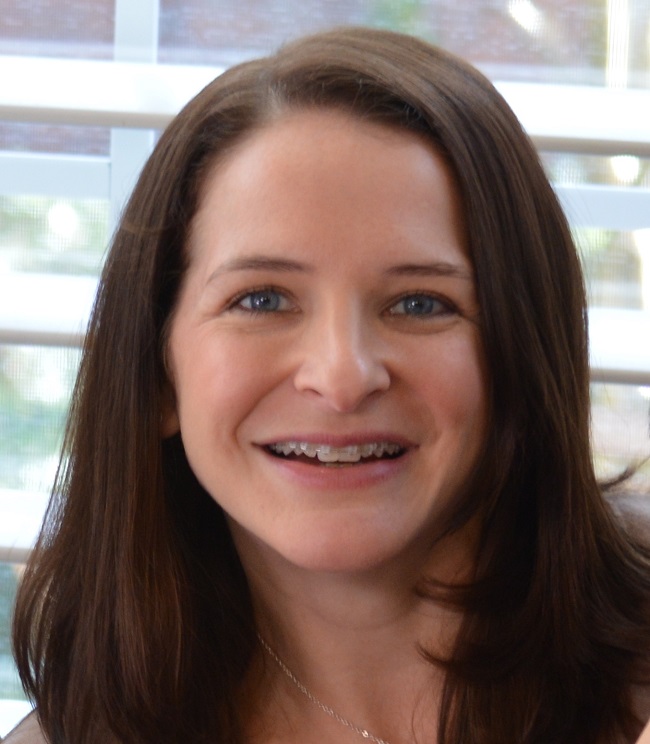 Since April is Autism Awareness Month, I want to help increase awareness of autism spectrum disorders (ASD) to help families be aware of warnings signs and symptoms. Early identification of ASD (before school age) can have a significant impact on a child’s ability to learn new skills and become successful in school and in the future.
Since April is Autism Awareness Month, I want to help increase awareness of autism spectrum disorders (ASD) to help families be aware of warnings signs and symptoms. Early identification of ASD (before school age) can have a significant impact on a child’s ability to learn new skills and become successful in school and in the future.
What is Autism?
First described in medical literature in the early 1940’s, the Center for Disease Control (CDC) defines ASD as a developmental disability that can cause significant social, communication, and behavioral challenges. ASD includes several conditions that used to be diagnosed separately: autistic disorder, pervasive developmental disorder not otherwise specified (PDD-NOS), and Asperger syndrome.
Causes and Risk Factors
There may be many different factors that make a child more likely to have an ASD, including environmental, biologic and genetic factors. Most experts agree there are a few things that may increase the likelihood of a child developing ASD: the presence of certain genes, having a sibling who has ASD, and certain medications taken by the child’s mother during pregnancy.
Signs and Symptoms
Three main areas are evaluated to see if a child may have ASD: impairments in social interaction, impairments in communication, and the presence of repetitive behaviors and activities. To help screen for ASD, pediatricians and family physicians use developmental screening tools at regular well-child visits. During screening, doctors ask parents questions and interact with the child to see how they learn, speak, behave, and move. A delay in any of these areas could be a warning sign of ASD or other disorder.
The following are indications for immediate evaluation by a doctor:
– No babbling or pointing or other gestures by 12 months
– No single words by 16 months
– No 2-word phrases by 24 months
– Loss of language or social skills at any age
Treatment
Although there currently is no cure for ASD, research shows that early intervention services can improve a child’s development. Services can include therapy to help the child talk, walk, and interact with others. The different types of treatment can be broken down into: behavior and communication, dietary approaches, medication, complementary and alternative medicine.
How-to Get Help
Parents need to educate themselves on normal developmental milestones and the possible signs of ASD. Most children are diagnosed with ASD after the age of four, but ASD can be diagnosed as early as two.
If you have any concerns, contact your child’s pediatrician or family physician immediately. Do not wait until your child’s next well child visit. If you or your doctor is still concerned, ask for a referral to a specialist who can provide a more in-depth evaluation for ASD. These specialists might include developmental pediatricians, child neurologists, and child psychologists. For more information, visit the CDC autism website: www.cdc.gov.
18 and Under MD Pediatrics is located at 3041 Churchill Dr, Flower Mound, TX 75022. Call (972) 691-1240.
Texas Health Presbyterian Hospital Flower Mound is a joint venture owned by Texas Health Resources and physicians dedicated to the community and meets the definition under federal law of a physician owned hospital. Doctors on the medical staff practice independently and are not employees or agents of the hospital.
This content was provided by sponsors of The Cross Timbers Gazette.












.jpg)

